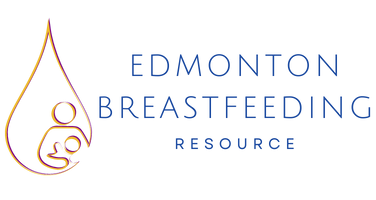09 Jun How do I know if my problem is complex, and requires a higher level of care?
Factors that increase complexity:
Newborn period, difficult birth, medical conditions that can affect supply (postpartum hemorrhage, PCOS, diabetes, retained placenta, etc), limited effectiveness on breast, poor establishment of breastfeeding, nipple damage, breast infections, breast-pump-feed cycle and transitioning to exclusive breastfeeding/chestfeeding, infant medical conditions
Medium complexity concerns:
Weaning off nipple shield, “Is my baby’s breastfeeding behavior normal?”, breastfeeding and sleep, “Do I have enough milk?”, fussy behavior at breast, weight gain and growth curves & breastfeed baby, new nipple pain after feeding is well established, weaning off supplementation once breastfeeding is established
Low Complexity (but High importance):
Connecting with other breastfeeding families to normalize experience with breastfed babies, strategies to manage breastfeeding and sleep, breastfeeding in public, managing family expectations, breastfeeding beyond infancy, breastfeeding and returning to work
If your concerns match up with some of the low-medium complexity examples, a great place to start exploring lactation support is through free or low cost options in the community: La Leche League, B.E.S.T Breastfeeding Cafe, Indigenous Birth of Alberta. Discussions with facilitators and other breastfeeding families will help you determine whether this level of support is appropriate, or if you should be seeking further, more in-depth lactation support.



Sorry, the comment form is closed at this time.